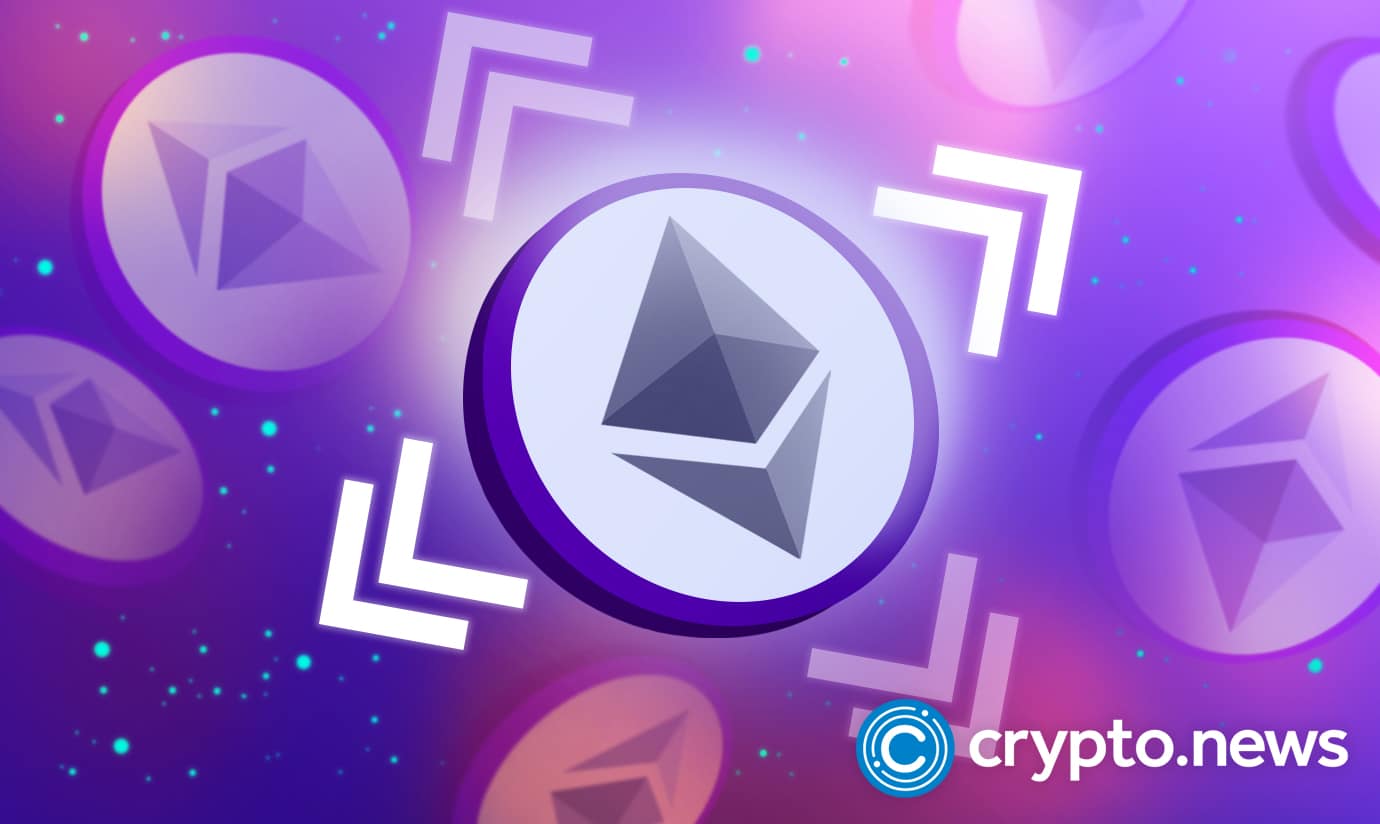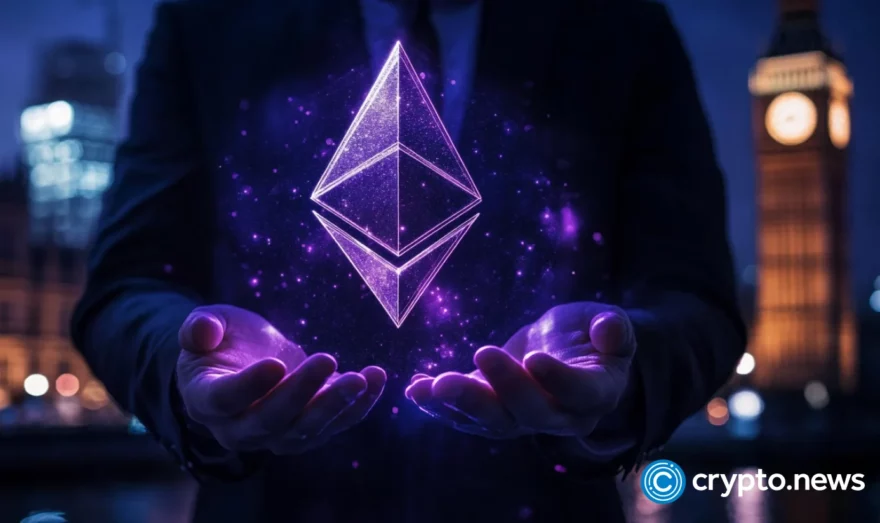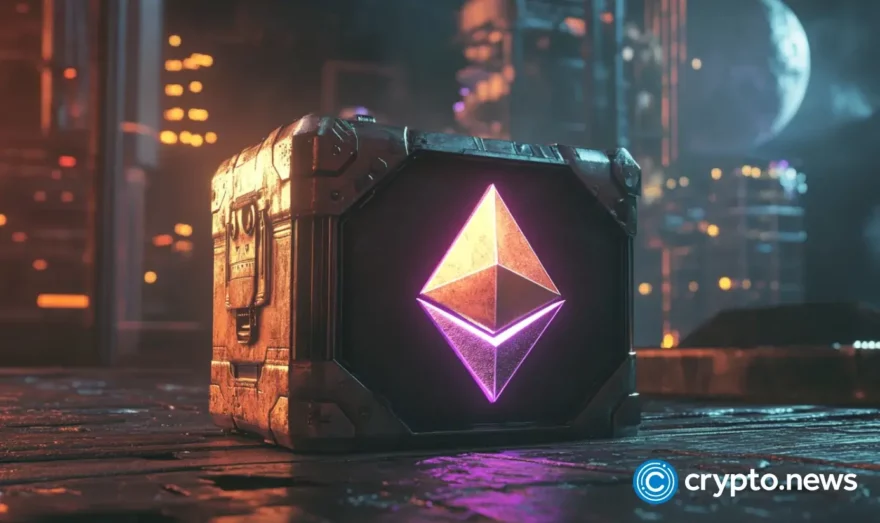How to Check Ethereum Transactions

The Ethereum blockchain and all its ecosystem have taken crypto investors by storm. However, with the great rise comes many questions among them: how to check ETH transactions? It is simple to view balances, check transactions, and view wallet addresses using Ethereum-based tools like Etherscan. If you don’t know where to start, navigating the Ethereum ecosystem can be challenging. Knowing the fundamentals of Ethereum transactions (particularly how to track them) is a good place to start for beginners.
Table of Contents
What is Ethereum
Ethereum is essentially a global decentralized software platform based on blockchain technology. It is best known for its native cryptocurrency, ether (ETH). Anyone can use Ethereum to create any secure digital technology. It has a token designed to pay for blockchain support work. However, participants can use it if accepted to pay for tangible goods and services.
Ethereum’s design goals include scalability, programmability, security, and distribution. It is the blockchain of choice for developers and businesses working on a technology that will change how many industries operate and live their lives.
Validators who stake (lock up) at least 32 ether ($50,000) with the network are randomly selected to create blocks in the upcoming PoS system. The more ether one stakes, the more likely one is chosen.
In either system, the miner/validator who wins a block is rewarded with a mix of transaction fees and newly minted ether (ETH). Other activities that contribute to network security are also rewarded for PoS validators.
Why should you double-check your Ethereum transactions?
Whatever your crypto interests are, you will almost certainly interact with the Ethereum blockchain at some point. After all, its ecosystem contains some of the industry’s most popular platforms, tokens, and services.
Given this, having a basic understanding of how to keep track of your Ethereum-based activities makes a lot of sense.
Take a Look at Your Confirmation Status
if you already know how to send and receive transactions, why not take it a step further and figure out how to confirm transaction statuses and track the fees you pay?
ETH transaction processing normally takes between 15 and 5 minutes, depending on the transaction cost and current network congestion.
With the proof-of-work Ethereum blockchain, your transaction is initially logged in the mempool before being retrieved by validators and placed into the blockchain. Think of the mempool as a waiting area where open transactions are stacked up.
Once a validator enters the data into a block and adds the block to the blockchain, your transaction is complete. While this is unavoidable, it is recommended that you wait for six additional blocks to be mined and added on top of the block where your transaction was entered. When this occurs, your transaction is considered finalized and irreversible.
Learn about the cost of Ethereum transactions
Remember that the blockchain is a series of blocks that contain transaction information. When two validators add two blocks to the chain simultaneously, the blockchain splits briefly. In the future, the chain to which subsequent validators add their newly created blocks will become valid.
Moreover, the second block will become orphaned (not accepted into the main chain). The longest chain is considered the main or most valid chain. You can determine whether your transaction is pending or successful by checking the status of your transaction.
You can also see how many blocks have been added to the blockchain since your transaction was added. Participants must pay to use the network to transfer value or create or deploy a smart contract on the Ethereum network.
However, unlike traditional payment systems, the amount paid to process each transaction is largely determined by the number of participants looking to execute transactions at any given time. Expect the transaction fee to rise in cost if demand is high. When demand is low, the opposite occurs.
How to Keep Track of Your Ethereum Transactions
You should be able to access your transaction history depending on your Ethereum-supported crypto wallet. If this is the case, you will most likely find information about the status of your transactions, the time they were executed, and other basic information.
However, for a more in-depth analysis, it is best to use an Ethereum blockchain explorer – the Ethereum search engine. Some notable blockchain explorers you might consider are:
- Etherscan
- Ethplorer
- EthVM
Regardless of which blockchain explorer you use, you will need your public address or the unique identifier of the transaction you want to track. When you have these details, go to the Ethereum blockchain explorer of your choice and perform the following steps:
- Enter the Transaction ID or public address into the blockchain explorer’s search field and press the “Search” button.
- If you enter your ETH address, you will be taken to an overview of your wallet activities. You can navigate to the section that contains your transaction history from here. Following that, you can access the details of each transaction by clicking on the transaction IDs/Hashes.
- Users who enter the transaction ID into the search bar will be directed to the transaction overview page.
What information can Ethereum blockchain explorers provide?
On blockchain explorers, there is a lot to experiment with. Among the available data sets are:
Mined Blocks: The number of blocks mined since your transaction was confirmed in block confirmations.
Status: The status of the transaction indicates whether it is complete or pending.
Timestamp: The timestamp indicates the date and time the transaction was added to the blockchain.
Transaction fees: The fee paid to the miner or validator.
Gas Limit: The gas limit is the maximum amount of energy or gas you are willing to expend to complete the transaction.
Base fees: This is the smallest fee required to interact with the Ethereum blockchain.
Nonce: This number grows by one with each transaction in your wallet. As a result, each transaction has a distinct nonce.
ETH’s Value: The price of ether at the time the transaction was completed.
What transpires if an Ethereum transaction fails?
Remember that one of the advantages of checking transactions is that you can quickly identify when low gas prices cause your transactions to be delayed or truncated. Such transactions are usually held in limbo as long as the gas fees are less than the minimum fees required to interact with Ethereum.
In such cases, you can resubmit the transaction and increase the associated gas fees to resend it.
To do so, resubmit the pending transaction with the same nonce. However, confirm that your gas fee is high enough to be included by validators this time. You’ve effectively duplicated the pending transaction and set the fee so that validators naturally prioritize the most recent one.
Since both transactions have the same nonce, only one will be put to the blockchain—probably the most recent.
Conclusion
Ethereum transactions are significantly more complex than Bitcoin transactions. Every transaction has an input (a source of funds, such as a deposit) and one or more outputs (destinations for the funds, such as addresses).
Additionally, there is an optional comment field (which can be anything, such as a memo, or something more complex, such as specifying a time-limited contract or additional information). It is simple to view balances, check transactions, and view wallet addresses using Ethereum-based tools like Etherscan.
What is Etherscan?
Etherscan is a free blockchain explorer for smart contracts and decentralized applications. It allows users to explore transactions made through Ethereum clients and networks such as Mist, Parity, MyEtherWallet, MetaMask, etc.
How do I check my Ethereum Transactions?
To check your transactions, use Etherscan.io, which allows you to track all of your Ethereum transactions. You’ll be able to view details such as when they were made, how much was sent/received, who initiated them, and whether they were successful. The site also shows you where you stand against other users regarding transaction volume, and fees paid, etc.
Where can I buy Ethereum?
You can purchase Ether from cryptocurrency exchanges such as Coinbase, Kraken, Gemini, Bitfinex, Bittrex, etc., or through other platforms like LocalBitcoins.com and Paxful. However, these options may be limited depending on where you live.
















